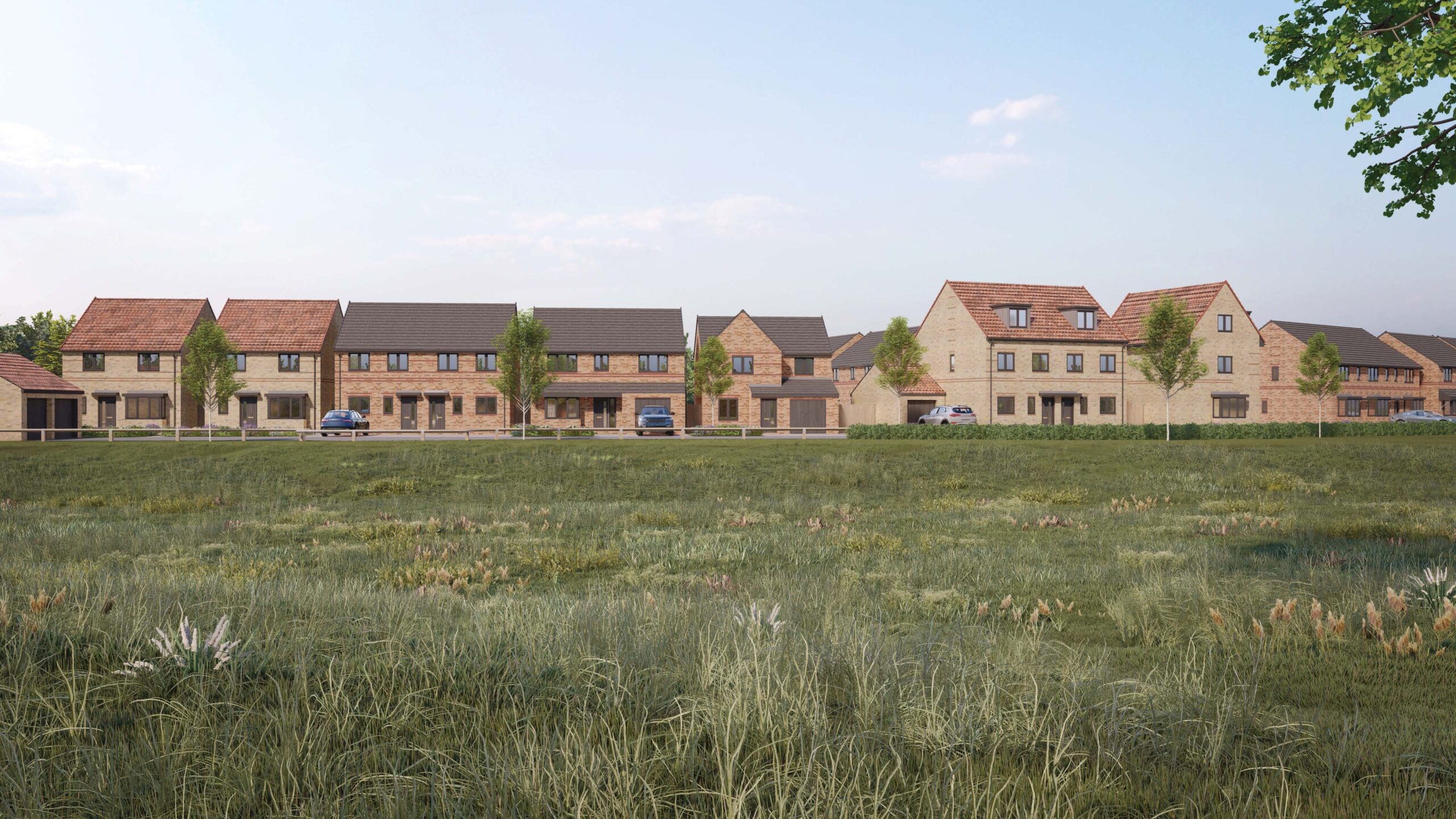Could ‘Tiny Homes’ Solve Britain’s Housing Shortage?

B-Corp construction company, Gusto Construction, is challenging the UK Government to consider the use of alternative housing models such as Tiny Homes to solve the affordable housing crisis.
The business is currently seeking a site to build its first Tiny Homes community and is eager to make tiny home living accessible to all.
According to the company’s founder and chairman, Steff Wright, Labour’s ambitious pledge to build 1.5 million (300,000 a year) new homes before the next election in 2029 will be difficult – if not impossible – to achieve.
Reforms are Welcome, Yet Further Clarity Needed
He argues that whilst reforms to the planning process are to be welcomed in terms of streamlining the process and saving costs, the limited housebuilding talent pipeline coupled with an ageing workforce and the ongoing issue of affordability, with 57% of single earners unable to purchase a lower-priced home, signal that a new approach to housing is urgently needed.
Wright says: “As a housebuilder, we understand the significant challenges in delivering 300,000 homes a year. The planning system does need an overhaul. However, if we are serious about unlocking economic growth, we must go beyond the business-as-usual approach to housebuilding.
“Even if the industry could deliver 1.5 million properties under the current model, the embodied carbon would exceed our carbon budget and would put a massive strain on our utilities. Instead, we need new types of eco-villages – sustainable, community-led developments that enable people to afford homes, reduce their cost of living, and contribute to a more resilient, greener economy.
Alternative Housing Models are Contentious, But Could They be Valuable?
With the current approach clearly defunct, Wright believes industry and government must be willing to go in a new direction – by embracing alternative housing models.
In this case, eco villages built from affordable Tiny Homes around community owned facilities, where young people and families can own their first home affordably while living in zero-carbon, biodiverse, high-quality environments.
Tiny Homes refer to a type of modular housing – typically two up and two down – that is designed to feel like a full-sized house in a more compact form.
These homes can be purchased directly from a growing number of manufacturers based in the UK and Europe.
Their size and factory construction result in a carbon footprint which is approximately 10% of a standard brick-built house.
From a consumer point of view, there is a clear shift towards pursuing a more minimalist lifestyle that is affordable, has a diminished impact on the environment and generates a true sense of community.
Tiny Homes Present a Unique Opportunity for People to Afford to Live in a Zero Carbon, High Quality Environment
The Tiny Homes Co. which Gusto Construction has been in talks with, has been able to reduce water consumption by 40% in its homes, as well as reduce consumer bills by up to 80% of that of a standard size house.
Gusto Construction knows this from experience – it was one of the first UK companies to make sustainable housing commercially viable and has been pioneering a range of different eco-friendly materials and processes to enhance local communities.
Such as 150mm wall cavities; infrared panel heating systems, rainwater harvesting; heat recovery ventilation systems and the use of natural materials like hemp. And residents have been clear on the benefits:
“Customers have fed back on the physical advantages of living in one of our houses via a post-occupancy evaluation by the University of Lincoln. They also highlighted the way we create successful communities with allotments and shared facilities that bring people together.” Says Wright.
He continues: “Planning changes to enable the scaling up of eco villages will benefit the economy, drive innovation and give young people a chance to get on the housing ladder. We need to look at value in different terms; designing compact homes that are appealing to live in, with the wider community and planet in mind – Tiny Homes tick this box.”

